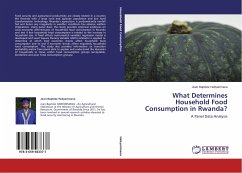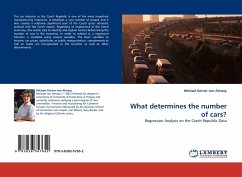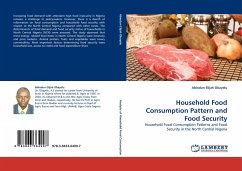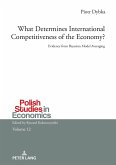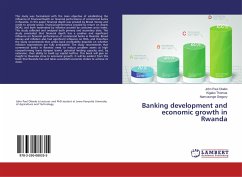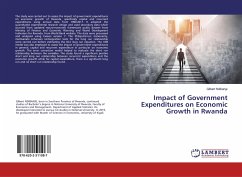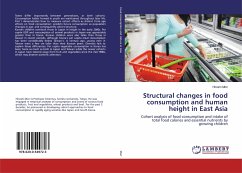Food security and agricultural productivity are closely related in a country like Rwanda with a large rural and agrarian population and low food transformation technology. Rwanda s agriculture is predominantly rainfall fed and hence any irregularity in weather conditions has adverse welfare implications. Using panel data, this study provides empirical evidences on socio-economic determinants of household food consumption in Rwanda and test if low household food consumption is related to the increase in household size. A fixed effects instrumental variables regression model is developed and Least Square Dummy Variable (LSDV) estimator is applied to determine at which level economic shocks affect household food consumption and to test if economic shocks affect negatively household food consumption. This study also provides information on transition probability matrix from panel data to explain and understand the dynamics of households to move within food consumption groups (acceptable, borderline and poor food consumption groups).

